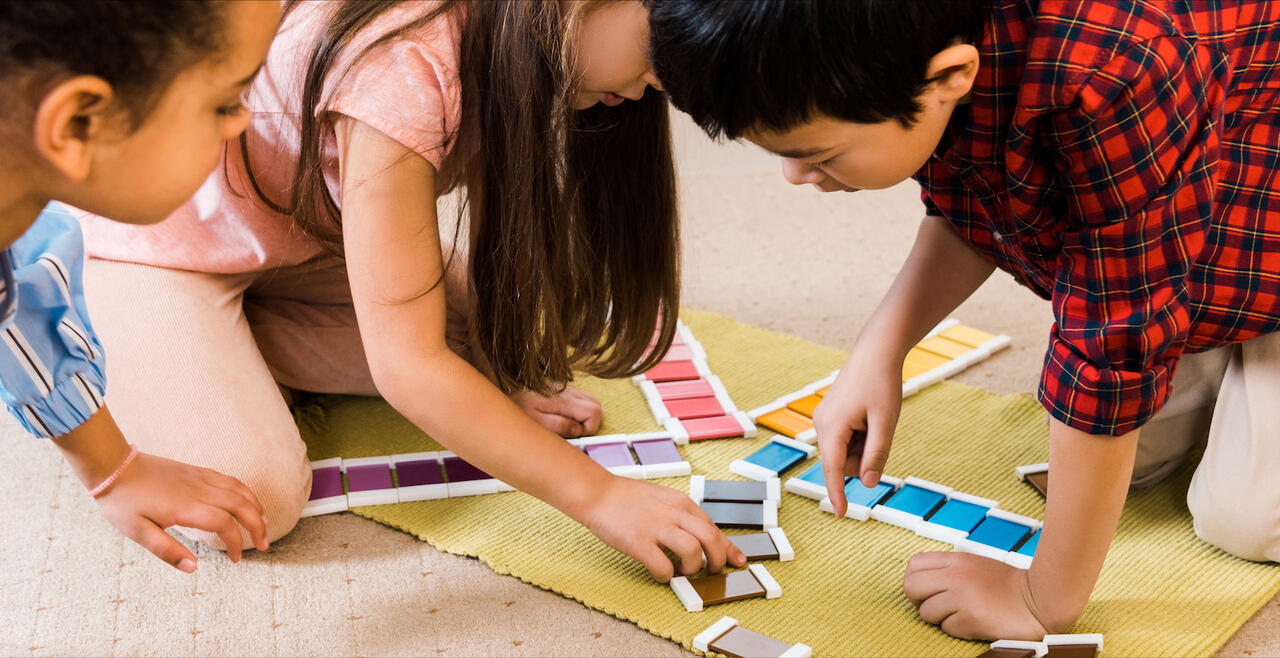Upcoming Events
November 5th- Forest Bluff School, Lake Bluff, Illinois
November 8th- Montessori Foundations of Chicago
February 13th, 2026- Advanced Montessori Study Conference, San Diego, CA
Keynote at the International Montessori Congress in Merida, Mexico: May 1st–4th 2026
In May 2025, Lucy Cooper was promoted to EDL Lab Manager.
In May 2025, Dr. Lillard was quoted in this article about Montessori materials.
AERA conference (American Educational Research Association) in Denver, CO: April 23–27th 2024
In July 2024, Dr. Lillard was quoted in this article about Montessori education.
In May 2024, Dr. Lillard spoke at Montessori Public France in Paris, Universidad de Castilla-La Mancha in Madrid, and the International Seminar of Neuroscience and Education Centre in Girona, Spain.
Lee LeBoeuf successfully defended her dissertation in April and is doing research at the University of Pottsdam in Berlin prior to her August graduation. Congratulations, Dr. LeBoeuf!
Abby Krissinger (EDL Lab Manager) completed the Educational Psychology – Applied Developmental Science: M.Ed. program in UVA's School of Education and Human Development.
Dr. Lillard was recently awarded the United States Center of Union Internationale de la Marionnette’s Nancy Staub Award for Excellence in Writing on the Art of Puppetry (for article invited to *Cognitive Development*), 2024! Who knew?
Dr. Lillard spoke at the University of Lausanne in Switzerland on November 13!
In January 2024, Dr. Lillard spoke at the National Institute on the Teaching of Psychology Conference in Bonita Springs, Florida.
In March 2024, Dr. Lillard gave a talk at Washington and Lee University.
In May 2024, Dr. Lillard spoke at the Montessori Palau Research and Training Centre in Girona, Spain at the International Seminar of Neuroscience and Education.
Christina Carroll successfully defended her dissertation, *Teachers’ Learning Orientation Scale Development and Validation.* Congratulations, Dr. Carroll!
Dr. Lillard spoke at the University of Kansas' Montessori Research Working Group meeting on October 13.
Silvia Guerrero Moreno, the Early Development Lab's Fall 2022 visiting scholar from Madrid, Spain, will be a professor at the Complutense University of Madrid in the School of Psychology!
Our lab members presented at the American Education Research Association Conference in Chicago, IL in April 2023! See what they presented:
- Dr. Angeline Lillard presented the papers “Racial and Ethnic Parity in Preschool: Public Montessori vs. Lottery Waitlist Alternatives” and “The Preschool Learning Study: Preliminary Findings from a Survey of Montessori and Control Teachers.”
- Christina Carroll presented the paper “Likert-scale Measures Assessing Teacher Learning Orientations: A Literature Review.”
- Lee LeBoeuf gave talks titled “Longitudinal Analysis of Racial Disparities Using Multilevel Modeling: A Demonstration Using Suspension Data” and “Examining Racial Equity in Montessori Lesson Presentation and Mastery Rates.”
Christina Carroll presented the poster, *Openness and Teacher Beliefs Among Conventional Montessori Teachers*, at the American Montessori Society Conference in Boston, MA in March 2023. Click here to see the poster!
Abby Krissinger (EDL Lab Manager) was accepted to the Educational Psychology – Applied Developmental Science: M.Ed. program in UVA's School of Education and Human Development to begin in June 2023!
Lee LeBoeuf was recently awarded the Max Planck LIFE fellowship!





